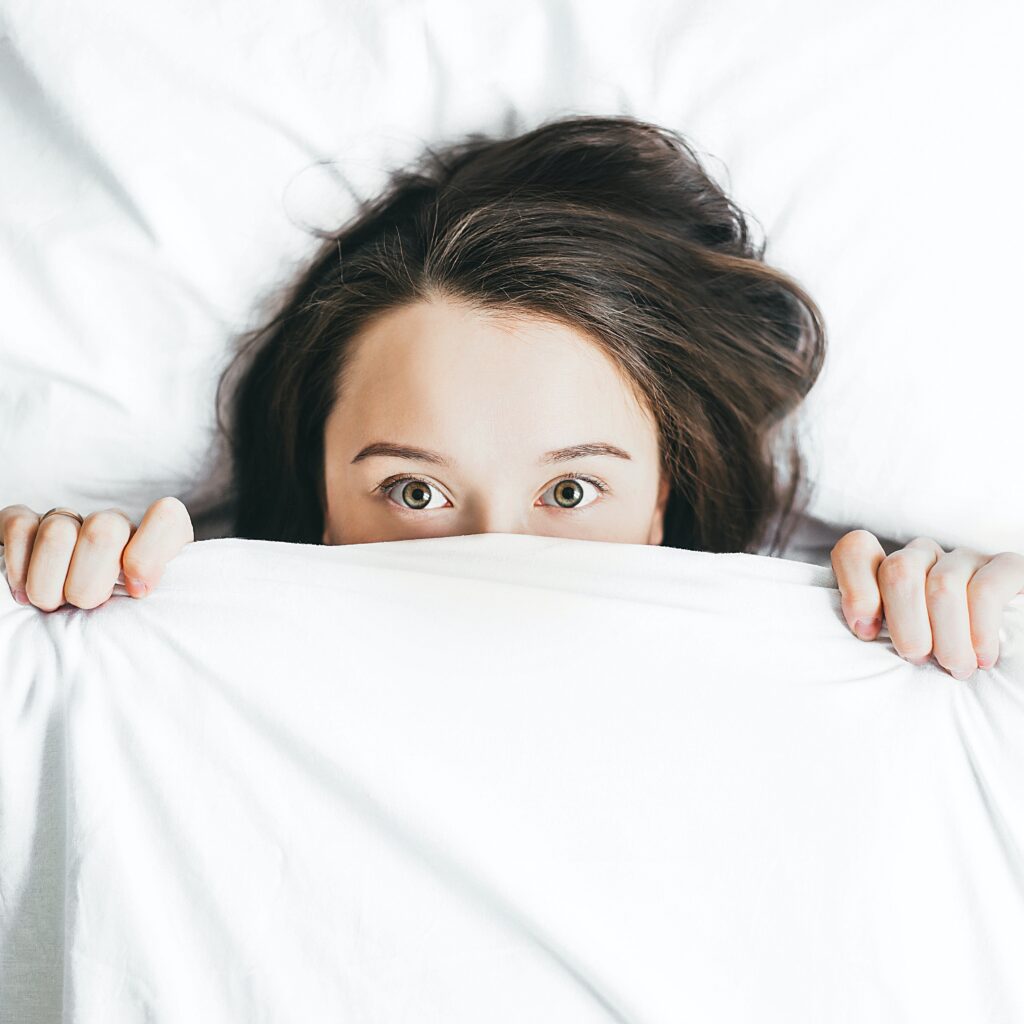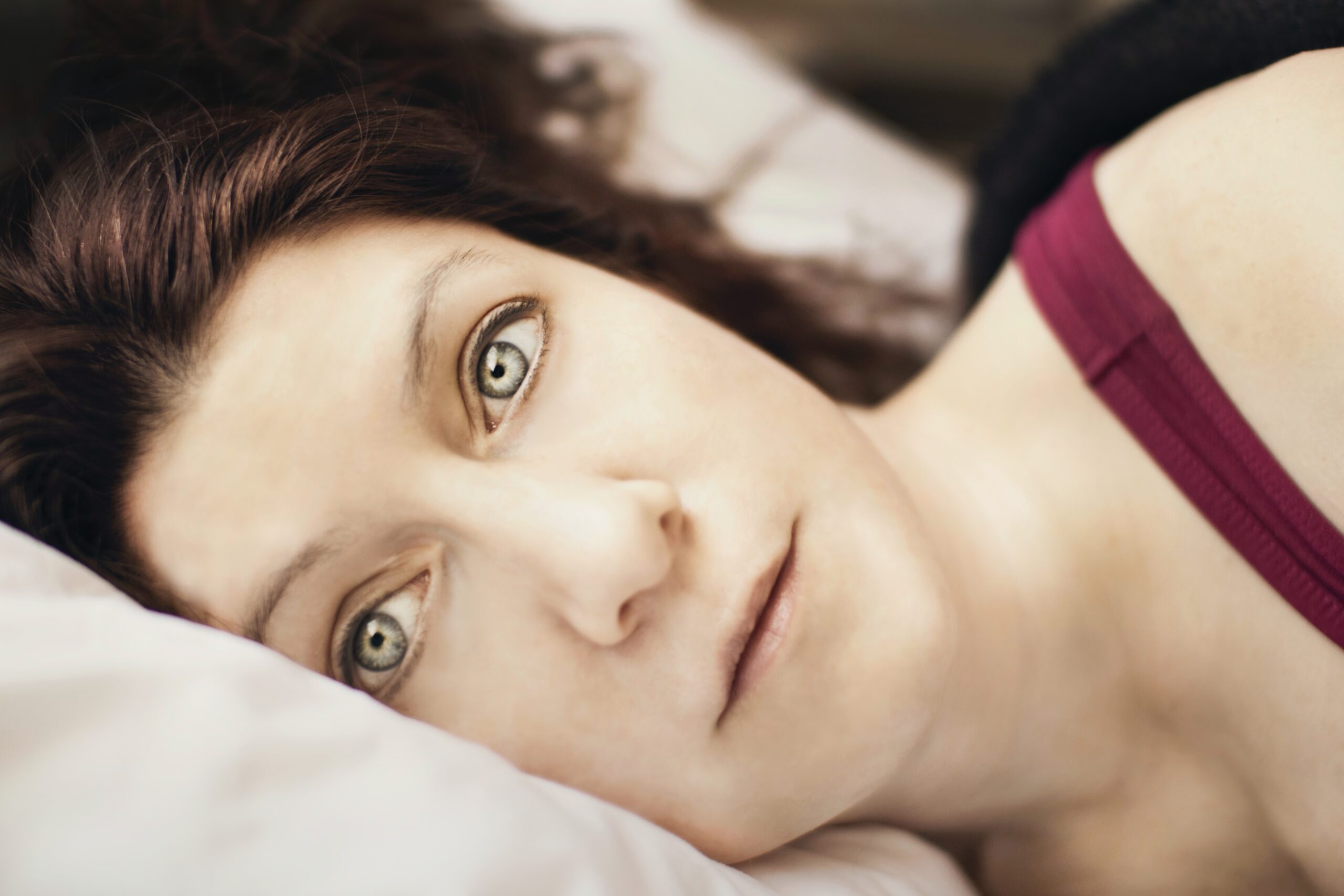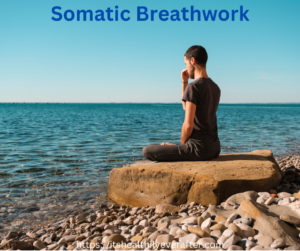Insomnia can be a major problem when it comes to mental health. Not getting enough sleep, or not sleeping well, can have a huge impact on how we think and feel. Insomnia can take a toll on our physical, emotional, and mental health, leaving us feeling exhausted and worn out. In this blog post, we’ll explore the effects of insomnia on mental health, its causes, treatments, and how to prevent it.
Table of Contents
The Effects of Insomnia
Insomnia can have a serious effect on your body and mental health. It can take a toll on your physical and emotional well-being. It can lead to fatigue, low energy, irritability, mood swings, anxiety and depression. People who suffer from it may also have difficulty concentrating, have difficulty making decisions, and experience memory problems. In addition to these physical and mental effects, it can also lead to physical health issues such as headaches, stomach problems, and an increased risk for high blood pressure and heart disease.
It can also lead to weight gain, due to the lack of energy and lack of motivation to exercise. Studies have shown that people with insomnia are more likely to be overweight or obese than people who get enough sleep. Furthermore, it can disrupt your sleep-wake cycle, which can cause further mental health issues such as sleep deprivation.
Sleep deprivation can result in a decrease in performance in all areas of life, including work, school and relationships. It can also increase the risk of accidents and injury due to a lack of concentration and reflexes. Moreover, sleep deprivation is linked to an increased risk of obesity, diabetes, and other chronic diseases.
In summary, it has serious effects on both the body and mind. It can lead to fatigue, low energy, irritability, mood swings, anxiety and depression. It can also cause physical health issues such as headaches, stomach problems, and an increased risk for high blood pressure and heart disease. Furthermore, it can lead to weight gain, decreased performance in all areas of life, increased risk for accidents and injury, and increased risk for obesity, diabetes and other chronic diseases.

The Causes of Insomnia
Insomnia is an all too common issue that can have a huge impact on your physical and mental health. It can be caused by a variety of different factors including stress, anxiety, depression, chronic pain, hormonal changes, diet, and lifestyle habits. Stress is one of the most common causes of insomnia; it can be caused by work-related stress or life events such as financial worries, the death of a loved one, or relationship issues. Anxiety and depression can also lead to insomnia as people are unable to shut off their worries at night.
Chronic pain can keep you awake due to discomfort and difficulty falling asleep. Hormonal changes, such as those experienced during menopause or pregnancy, can cause insomnia. Additionally, certain medications, such as antidepressants and beta blockers, can interfere with sleep. Lastly, dietary choices and lifestyle habits can contribute to insomnia; caffeine, nicotine, and alcohol can all disrupt sleep, while late-night snacking and poor sleeping patterns can also play a role.


The cure of Insomnia
If you are suffering from insomnia, it is important to seek professional help to get the most effective treatment. A variety of methods may be used to treat insomnia.
Cognitive Behavioural Therapy (CBT) is a type of therapy that can be used to help you identify and manage the thoughts, beliefs, and behaviours that may be causing your insomnia. This type of therapy involves developing strategies to manage stress and anxiety, as well as techniques to improve sleep quality.
Medication can also be prescribed to help improve sleep quality. Common medications used to treat insomnia include hypnotics, benzodiazepines, antidepressants, antihistamines, and over-the-counter medications. It is important to consult with a doctor before taking any medication for insomnia, as some of them can have side effects.
Other remedies for insomnia can include lifestyle changes such as regular exercise, avoiding stimulants late in the day, sticking to a consistent bedtime routine, avoiding napping during the day, and reducing caffeine consumption.
Sleep Environment also plays an important part, creating a comfortable sleep environment that is dark, quiet, and cool can help promote sleep. Sleep Hygiene is very important, Practicing good sleep hygiene habits such as sticking to a regular sleep schedule, avoiding junk food and alcohol before bed, and limiting screen time before bed.
Acupuncture is a traditional Chinese medicine practice that involves the insertion of needles at specific points on the body to promote healing and balance.
Melatonin is a natural hormone that regulates sleep-wake cycles and can be taken in supplement form.
The most important thing when trying to cure insomnia is to develop healthy sleep habits and stick with them. Working with your doctor and a mental health professional can help you find the best solution for your particular case.a
Sleep-Inducing Natural Methods:
Here are some natural sleep-inducing methods:
- Chamomile tea – Chamomile is a herb that has been shown to have calming effects and promote sleep.
- Lavender essential oil – The scent of lavender has been shown to promote relaxation and improve sleep quality.
- Valerian root – Valerian root is an herb that has been used for centuries to promote relaxation and sleep.
- Magnesium – Magnesium is a mineral that has been shown to promote relaxation and improve sleep quality.
- Warm Milk – Milk contains tryptophan, an amino acid that is converted to serotonin in the brain, which can help promote sleep.
- Tart Cherry Juice – Tart cherries contain melatonin, a hormone that regulates sleep-wake cycles.
- Passionflower – Passionflower is an herb that has been shown to have calming effects and promote sleep.
- Yoga – Yoga promotes relaxation and stress reduction, which can improve sleep quality.
- Meditation – Sleep Meditation promotes relaxation and mindfulness, which can improve sleep quality.
- Aromatherapy – Scents such as lavender, chamomile, and vanilla have been shown to promote relaxation and improve sleep quality.
The Preventions for Insomnia
Insomnia can be prevented by making lifestyle changes and establishing good sleep habits. Here are some of the most effective methods for preventing it:
- 1. Exercise regularly: Regular physical activity can help reduce stress, reduce tension, and improve the overall quality of sleep. Aim to get at least 30 minutes of moderate-intensity exercise most days of the week.
- 2. Avoid caffeine, nicotine, and alcohol in the evening: Caffeine and nicotine are both stimulants that can disrupt your sleep patterns. Alcohol may help you fall asleep initially but can interfere with your ability to stay asleep throughout the night.
- 3. Avoid large meals and beverages late at night: Eating close to bedtime can make it harder to fall asleep, and large meals can cause discomfort that can lead to poor sleep. It is also important to avoid large amounts of liquids in the evening, as these can lead to frequent trips to the bathroom during the night.
- 4. Establish a regular sleep routine: Going to bed and waking up at the same time every day will help you establish a consistent sleep schedule. Aim to wake up and go to bed at the same time each day even on weekends or holidays.
- 5. Make your bedroom comfortable: Your bedroom should be a haven for sleep. Make sure it is dark, quiet, and at a comfortable temperature (ideally between 65-75 degrees Fahrenheit). Use blackout curtains or an eye mask if necessary, use white noise or earplugs if needed, and adjust the temperature using a fan or air conditioner.
- 6. Avoid long naps during the day: Napping during the day can make it harder to fall asleep at night. If you need a nap during the day, keep it short (no more than 30 minutes) and avoid napping too late in the day.
- 7. Reduce stress: Stress can make it harder to fall asleep and stay asleep at night. Incorporate relaxation techniques such as deep breathing, yoga, or meditation into your daily routine to reduce stress levels.
- 8. Get enough sunlight: Exposure to natural sunlight during the day can help regulate your body’s internal clock, making it easier to sleep at night. Try to get outside for at least 10 minutes each day.

Conclusion
In conclusion, insomnia and mental health are intimately linked, with one often leading to or exacerbating the other. Insomnia can have numerous negative effects on mental health, including depression, anxiety, irritability, and impaired cognitive function. Likewise, mental health disorders such as anxiety and depression can lead to insomnia by disrupting normal sleep patterns.
There are several causes of insomnia, including stress, anxiety, depression, medical conditions, and certain medications. Treatment options for insomnia range from medication to cognitive behavioral therapy to lifestyle changes, such as exercise and relaxation techniques.
Prevention of insomnia and mental health disorders involves maintaining a healthy lifestyle, practicing good sleep hygiene, managing stress and anxiety, and seeking treatment early if symptoms arise. By taking steps to promote good mental health and prevent insomnia, individuals can improve their overall well-being and quality of life.
It is important to recognize that mental health and sleep are intimately connected, and that treating one can have a positive impact on the other. By addressing both mental health and insomnia together, individuals can achieve better overall health and well-being.





Pingback: Demystifying Paradoxical Insomnia ICD 10 Code : Crazy Insomnia Unveiled | HEALTHILY EVER AFTER